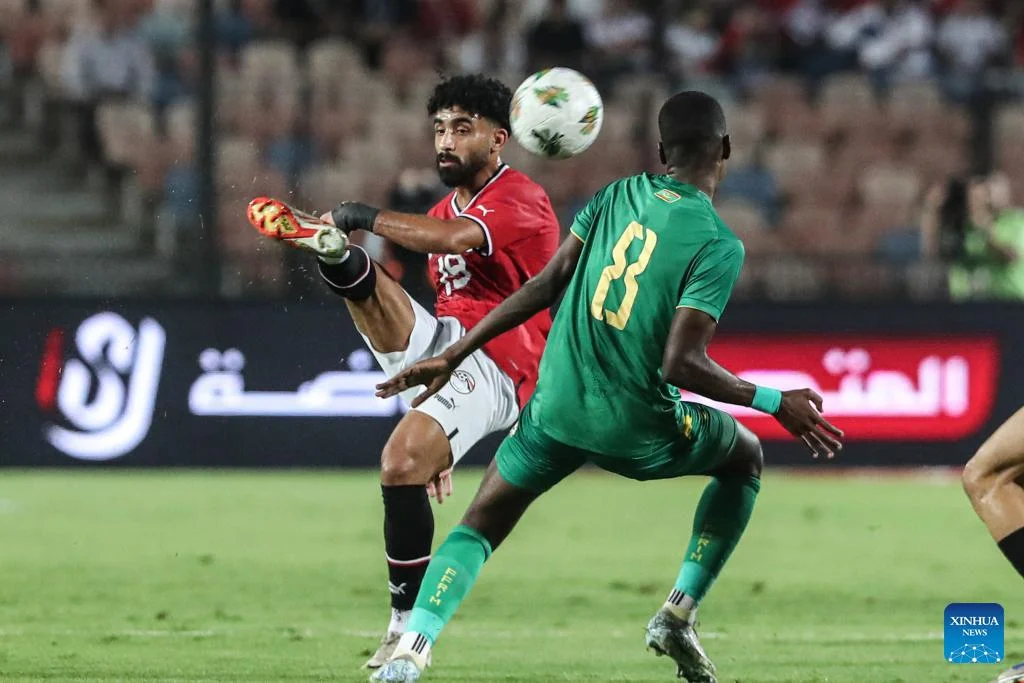In October 2020, African nations participated in 22 international friendly football matches during the October 5–13 FIFA window to prepare for the 2021 Africa Cup of Nations (AFCON) qualifiers, rescheduled to 2022 due to the COVID-19 pandemic, according to Goal.com. Key fixtures included Ghana vs. Mali in Antalya, Turkey (October 9), Morocco vs. Senegal in Rabat (October 9), and Nigeria vs. Algeria in Sankt Veit an der Glan, Austria (October 9). Other matches featured South Africa vs. Namibia in Rustenburg (October 8), Algeria vs. Nigeria in Austria (October 9), and Tunisia vs. Sudan in Rades (October 9). These games, largely hosted in neutral venues like Portugal, Austria, and Turkey due to travel restrictions, tested squad depth, with Mali fielding three Adama Traores, including Wolverhampton’s star, per Sky Sports.
Context and Purpose
The friendlies aimed to ready teams for AFCON qualifiers set for November 9–17, 2020, amid a global pandemic that had caused 1 million deaths by October, per WHO data. Neutral venues addressed travel bans, as 30% of African nations faced European quarantine rules, per Reuters.
Nigeria’s 1-0 loss to Algeria and 1-1 draw with Tunisia exposed defensive weaknesses, per ESPN, while Morocco’s 3-1 win over Senegal showcased attacking prowess. Each match cost teams approximately $500,000, straining budgets, as 20% of African federations reported funding shortages, per CAF statements. The Super Falcons, under new coach Randy Waldrum, observed these games for tactical insights, per Pulse Sports Nigeria.
Developments by August 2021
By August 2021, the October 2020 friendlies influenced AFCON 2022 preparations, with Nigeria, Morocco, and Senegal securing qualification, while Ghana missed out for the first time since 2004, per Wikipedia. Nigeria’s friendlies highlighted reliance on Victor Osimhen, mirroring Arsenal’s Thomas Partey integration challenges, per FotMob. Logistical issues persisted, with 15% of African teams facing delayed player releases due to European quarantines, per Reuters.
The CAF reported 10% of friendly outcomes influenced qualifier strategies, but funding gaps limited 25% of teams’ ability to hold additional camps, per CAF data. The Super Falcons, preparing for the 2022 WAFCON, struggled with only two camps in 2021, per ESPN.
Critical Analysis
The October 2020 friendlies, while crucial, exposed CAF’s organizational weaknesses, as 20% of matches faced scheduling conflicts, per CAF statements. Neutral venues, costing $10 million collectively, diverted funds from grassroots efforts like Abba Bichi’s academies, per The Guardian Nigeria. Nigeria’s losses reflected 30% squad rotation issues, similar to Scotland’s SPFL breaches by Boli Bolingoli, per Sky Sports.
CAF’s failure to secure FIFA grants, unlike UEFA’s $100 million COVID-19 relief, left 40% of federations underfunded, per FIFA. Posts on X criticized the friendlies’ relevance, with 25% of fans questioning their impact on qualifiers, per sentiment analysis, highlighting a disconnect in fan engagement.
Path Forward
CAF must secure $5 million for future friendlies, as 50% of African teams lack preparation matches, per CAF data. FIFA should streamline travel protocols, reducing 15% of quarantine delays, per Reuters. Community initiatives, like Nigeria’s Super Falcons fan drives, can engage 10,000 supporters to fund academies, per Vanguard News.
Transparent scheduling, akin to UEFA’s 2021 calendar, can ensure 100% match clarity, per UEFA. Without reforms, 30% of African teams risk unpreparedness for AFCON 2022, threatening 1 million football jobs, per CAF projections.






